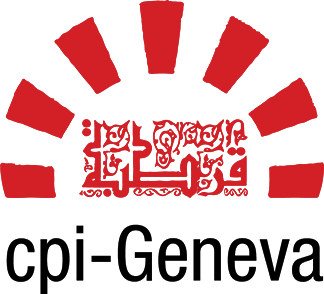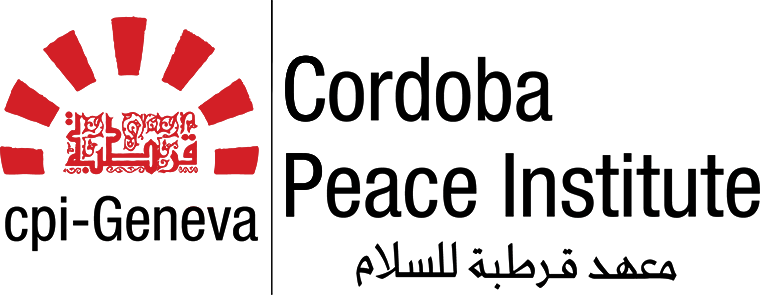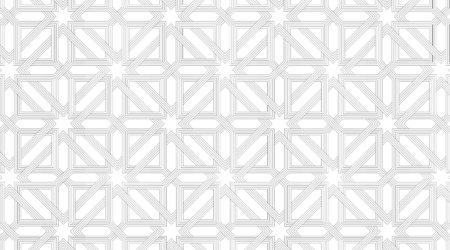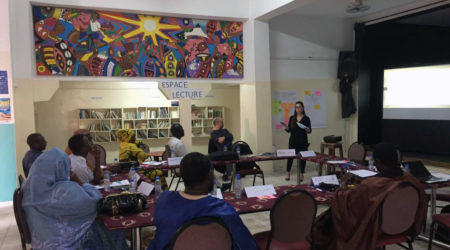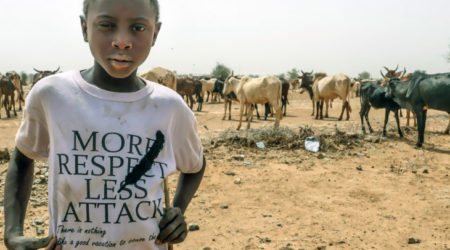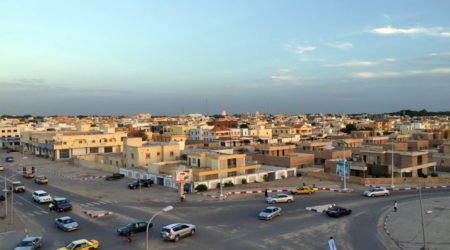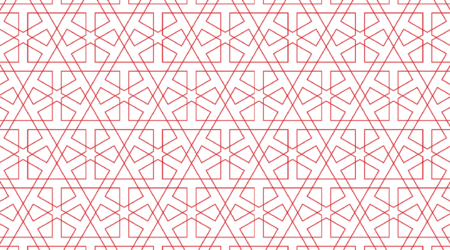Anne Grobet: Egypt, beyond a binary interpretation of the conflict
The past days’ events in Egypt demonstrate the extreme virulence of a military dictatorship that seems to be back (or remained) in the political arena, the incapacity of the international community to firmly condemn the violence used against civilians, when it is so-called led against “islamists”, and the manipulation’s strategy driven by a power that cannot rely on any democratic legitimacy.
Came to power through what is first, described as a revolution by those who, ignoring the democratic frame when applied to islamists, reject the idea of a coup d’état, the army now reveals its true face, strengthening some people in their blind support to a brutish regime, as long as it pretends to be opposed to ‘bearded people’, sometimes embarrassing its followers from the first days, when it is not scaring away to Vienna its supposed leader, worried to be one day sued for crimes against humanity.
We are told that some churches are burnt down, Christians are threatened, and museums are stolen. The “charia” application is claimed, “djihad” is called. Over and above the death of individuals, it seems that once again we assist, and in the extension of a politics expressed by Bush in 2001, to a war between the “good” and the “evil”. Today, the army introduces itself as the life saver of Egypt, the Middle East, even of the world against obscurantism and the conservatism of the so-called islamists. Playing the modernity and minorities’ protector card, the army justifies by the violence used against Coptics and the destruction of the national heritage, the declaration of the state of emergency and the bloody repression towards the “guilty”: the Muslim Brothers or the islamists in general.
As it is quite obvious that this binary, simplistic and erroneous interpretation of the events in Egypt by the Occident falls on once again, the scars of an orientalist vision, taken on or not, and holds a responsibility in the Egypt current events, it will have other consequences on the future of the country. Indeed, whereas the regime is trying to overcome its lack of democratic legitimacy through an emotional manipulation, the country is splitting and tearing up itself.
Today, it is not a question of a fight between a pro-islamist and an anti-islamist Egypt. In the lines opposed to the coup d’état, and unlike what the army and the majority of media want to demonstrate, many are those who do not belong to the Muslim Brothers but are rising to express their refusal against a forced assumption of power. Not all of the demonstrators show their support to the Muslim Brothers but all protest against the coup d’état. Here is the nuance.
Unfortunately, and as it has already be seen elsewhere, this slight nuance drowns in the violence, driven here by the army on purpose, to eradicate the Muslim Brothers1 and legitimate their power. A wound population is left behind, divided by religious, social and ethnic considerations, as a political instrument by the ongoing power, inherently supported or not by the international community that will have to admit one day its shred responsibility with the army of a divided country within its communities modelled on the current Irak.
Thus, besides a systematic rejection of brutality, it is a responsibility that it is necessary to support, at both a national and international levels, in order to avoid Egypt following the tragic fate experienced by Algeria, for what today, politicians from yesterday apologize2: it is a question of reading between the lines, looking at beyond the showed splits and continuously pondering the source of information. To put in a nutshell, it is about keeping eyes opened.
Anne Grobet
English translation of the article in french language: http://www.lecourrier.ch/113152/au_dela_d_une_lecture_binaire_du_conflit

